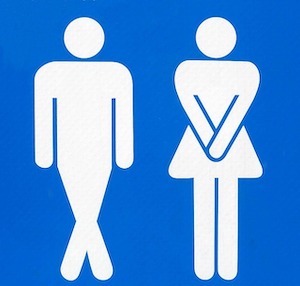
- Drinking too much fluid
- Medication
- Menopause
- Enlarged prostrate
- Heart failure
- Diabetes
- Sleep Apnea
- Kidney disease
- Overactive Bladder
I used to be able to sleep through the night and not rush to the washroom in the morning to pee. Not any more. That changed after I turned 50. In fact, I think it changes for a lot of people. Many of the above happen to us as we age so the urge to urinate more often is bound to occur.
Speaking to friends and family, my thinking was confirmed. This is more common than I thought. The stigma of running to the washroom every hour or even more often only existed in my head. So if this also happens to you, know that you are not alone! What used to be that walk of shame will now just be a strut to the washroom. It is what it is!
Let’s explore why this happens and what we can do about it. You should definitely consult your doctor to confirm why it may be happening to you.
Unfortunately this is more common among women than men. Later in life however, it becomes more common in men due to enlarged prostates.
If you’re getting up once a night, it might just be that you drank something soon before you hit the bed. However, if you’re getting up often and every night, it could be something called nocturia, which usually means there is an underlying problem that you need to look into.
Nocturia is a symptom of another condition that you need to speak to your doctor about. It may be that you have diabetes, trouble falling asleep, sleep apnea or some other condition.
So what is Nocturia?
Normally our digestive and secretory systems slow down at night so less urine is produced. This allows for the recommended 6-8 hours of uninterrupted sleep without waking.
Interrupted sleep is not good for your health, so it follows that chronic nocturia is not a good thing. Interrupted sleep leads to daytime lethargy, moodiness, more consumption of caffeine and general malaise.
For the elderly, poor lighting and not being fully awake, can lead to potential falls. If you are elderly, consider keeping a small flashlight on your nightstand or close to where you sleep.
Why Nocturia Happens
Drinking Too Much Fluid
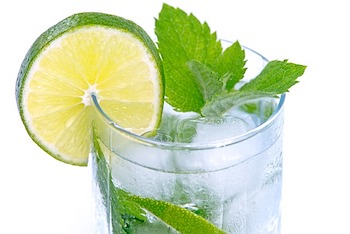
If you consume liquids before going to bed, you can expect to make that little trip in the middle of the night. It might seem obvious but it’s a good idea to drink less liquid close to the time you go to sleep. Caffeine and alcohol are diuretics and go through our system quickly so stay away from those close to when you plan to sleep.
As we age, our bladders don’t have as much capacity, so even a little liquid before you go to sleep will likely end up in a trip to the bathroom. Do not try to restrict the amount of liquid you consume overall or you may risk dehydration. Just have it mostly during the day.
medications
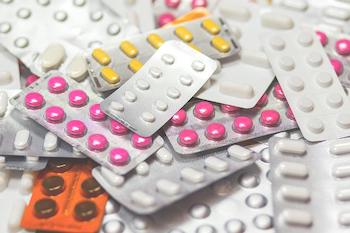
Diuretics or “water pills” prescribed for high blood pressure have the unfortunate side effect of causing you to urinate more. These drugs are meant to eliminate excess fluid from your kidneys to reduce blood pressure. If you take this type of medication, consider asking your doctor if you can take them in the morning instead of the evening when you risk waking up to go to the bathroom.
menopause
There is a hormone called the antidiuretic hormone (ADH) which reduces when we women get older. Unfortunately for us, this hormone helps reduce the urge to urinate. So you guessed it – the older you get, the more you have to urinate!
enlarged prostate
An enlarged prostate, is a very common condition that affects older men. The prostate is a gland located near the bladder. If it becomes enlarged, the gland can get in the way of the urinary pathway, making it difficult to completely empty the bladder. You guessed it again – this results in frequent visits you know where!
Heart failure and high blood pressure

If your heart enlarges, it may have a harder time pumping enough blood to your whole body. When the heart doesn’t beat strongly, there is a build up of fluid during the day. At night when you lie down to sleep, the excess fluid goes into the blood. Then your bladder takes over and tries to get rid of the excess fluid via urine. Hello washroom!
diabetes
High blood sugar leads to a higher rate of urination during the day and at night. Our bodies are smart and try to get rid of the excess sugar with urine.
A symptom of diabetes is thirst which leads to the urge to drink more liquids. This has the obvious effect of increasing your trips to your washroom. I know it’s easily said and hard to do but if you have uncontrolled diabetes or suspect you might be diabetic, see your doctor so you can get it under control.
sleep apnea
Sleep apnea is when you stop breathing at night briefly but over and over again. Nocturia is so common in people with sleep apnea that it’s one of the symptoms doctors look for when diagnosing the condition.
Again, if you suspect you have sleep apnea, go see your doctor for a proper assessment.
kidney disease
If you have problems with your kidneys, they may lose the ability to concentrate your urine at night and thus keep you away from that dreaded nightly visit to your washroom.
overactive bladder
There are many symptoms that arise from an overactive bladder, one of which is frequent urination.
Gender:
Unfortunately this is more common among women than men. Much later in life however, it becomes more common in men due to enlarged prostates.
Helpful ways to reduce the need to pee at night by inducing a deep sleep:
It might seems obvious to you why this is happening but it is best to consult your doctor to pinpoint the reason(s). In some case, behavioural changes such as refraining from driving before bedtime will help. In other cases, it it a combination of interrelated conditions (combination of sleep apnea, diabetes, high blood pressure for example) that will need to be treated.
Night-time drink to induce deep sleep:
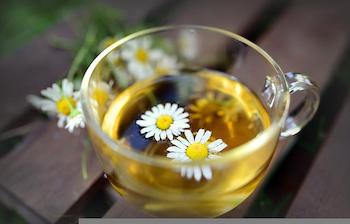
Chamomile tea 1 teabag
1 tsp honey
1 tsp of ground ginger
Mix hot water, tea bag, honey and ginger and enjoy. You might be thinking that this goes against what I have been saying about drinking before going to sleep. Try drinking this tea 1 hour before going to bed and see what happens. Adjust the timing as necessary.
13 natural ways to induce sleep:
We know that there are many health benefits to getting a good nights sleep. Here are some tips to help you induce a deep sleep. This will hopefully reduce visits to the bathroom at night to pee. Fingers crossed!
- Reduce exposure to blue light before you sleep. This includes light from mobile devices, computer/laptop screens and televisions.
- Reduce caffeine and liquids late in the day
- Take a shower or bath before you go to sleep
- Try to eliminate the urge to take a nap during the day
- Don’t eat supper close to when you hope to sleep and eat light and those foods which do not cause you indigestion
- Exercise. Even mild exercise has been know to help with sleep.
- Add 1-2 drops of lavender oil in your diffuser.
- Go to sleep and wake up at the same time even on weekends.
- Ensure that the room you sleep in is optimized for sleep (comfortable temperature, suitable bed, pillow and mattress, clean room free of smells, no bothersome lighting, and propers bedding that allows for a comfortable body temperature).
- Consider creating a nice relaxing routine (light reading, listening to relaxing music, and deep breathing/meditation.
- Almonds, warm milk and tart cherry juice are all know to help – why not try them?
- Make a visit to your doctor to make sure you don’t have a sleep disorder.
- Train your brain to associate your bed with sleep. Try to avoid daytime naps on your bed. Watching very engaging videos, social media can all affect your sleep.
I’m crossing my fingers and toes that some or all of this is helpful and will provide positive results for you!

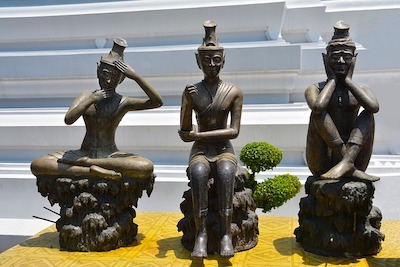
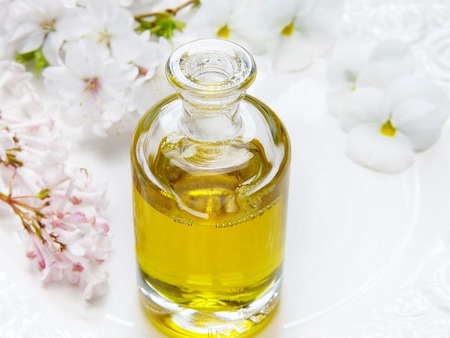
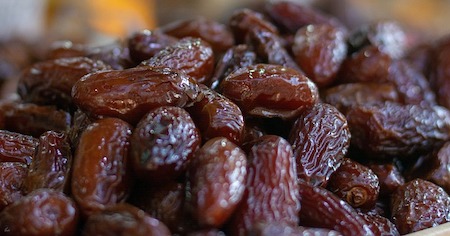

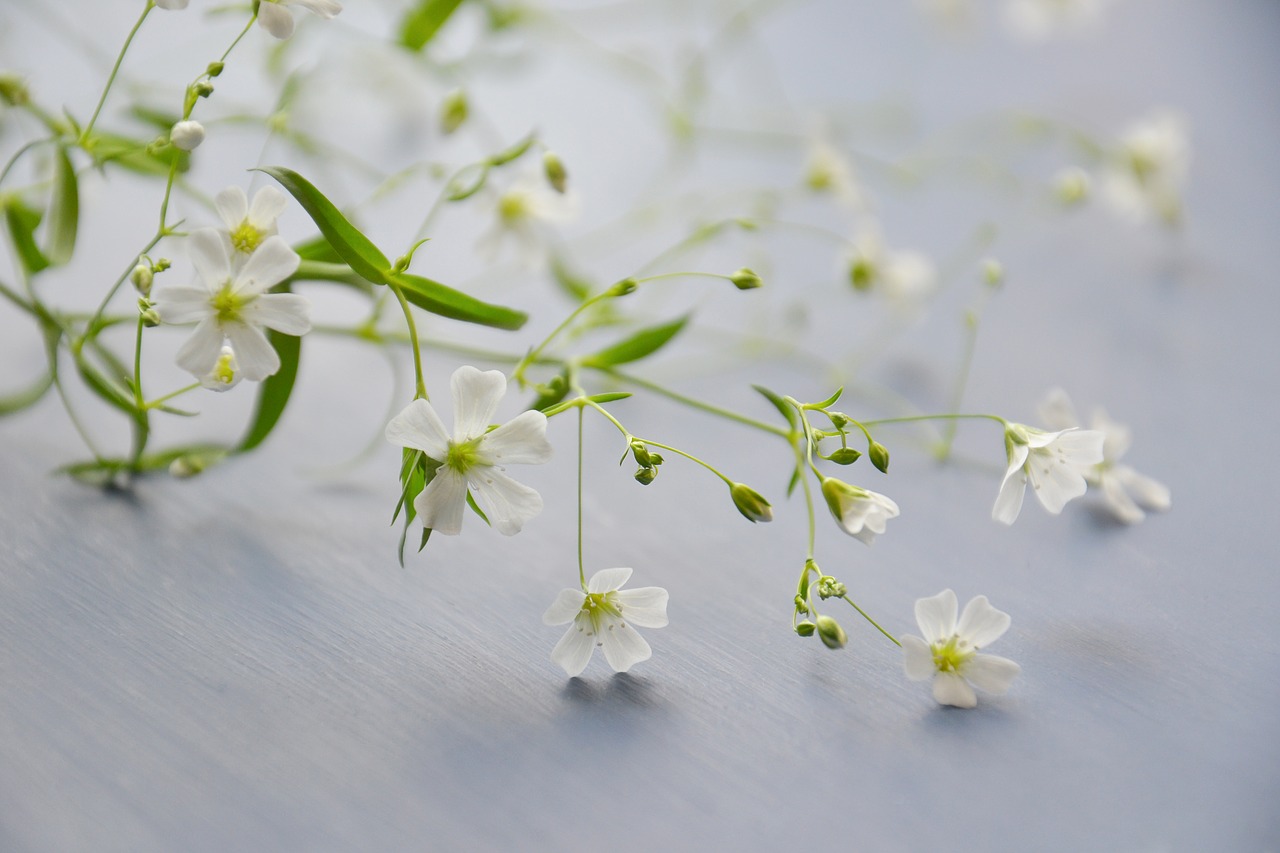
Leave a Reply